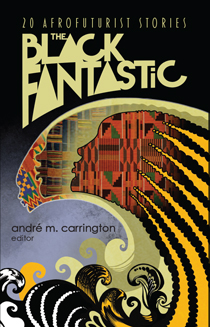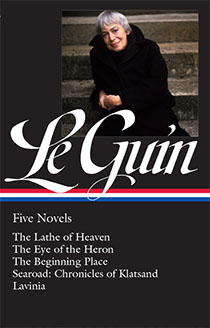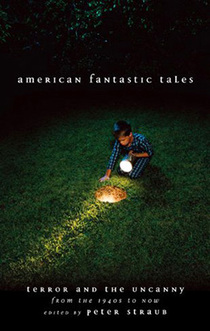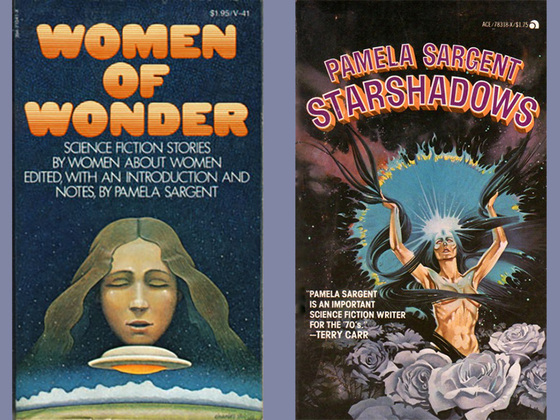Fantasy / Science Fiction / Horror
Inspired by Afrofuturist pioneers like Octavia E. Butler and Samuel R. Delany, a new generation of Black writers is fashioning a renaissance in speculative fiction. Edited and introduced by SF expert andré m. carrington, The Black Fantastic brings together Hugo, Locus, Nebula, Bram Stoker, Tiptree/Otherwise, and World Fantasy Award winners with emerging voices to showcase this watershed moment in American literature.
Here are twenty beguiling, unsettling, and visionary stories spanning the cosmos and a dazzling array of alternate timelines. Phenderson Djèlí Clark and Alaya Dawn Johnson stare down the specters of history in their haunting fictions, set, respectively, on a Founding Father’s brutal plantation and in the vampire-built internment camps of a dystopian Hawai‘i. Violet Allen’s would-be superhero stories turn to searing metafiction when her main character is repeatedly shot and killed by the police. Nana Kwame Adjei-Brenyah and Rion Amilcar Scott explore otherworldly forces at play in a small-town barbershop and in a young writer’s ambitions, while Victor LaValle tells the story of a man living on the streets of New York City, his bag of deposit bottles and cans bearing urgent messages from another dimension.
Other stories are by turns comic, provocative, and terrifying: Thaddeus Howze delivers a crowd-pleasing tall tale about a battle with aliens over the fate of Earth, by way of an epic baseball game; Maurice Broaddus spins a coming-of-age fantasy about an American girl in a utopian future Africa; Craig Laurance Gidney offers a Lovecraftian tour of the ballroom drag scene; Tara Campbell weaves a spell of ecofeminist horror; and much more.
Reimagining the past and laying claim to the future, these writers are bringing forth kaleidoscopic new visions of Black identity and creative freedom.
andré m. carrington, editor, is the author of Speculative Blackness: The Future of Race in Science Fiction (2016). He is Associate Professor of English at the University of California, Riverside, where he directs the Speculative Fiction and Cultures of Science program.
This paperback edition features French flaps and has been printed on acid-free paper.









